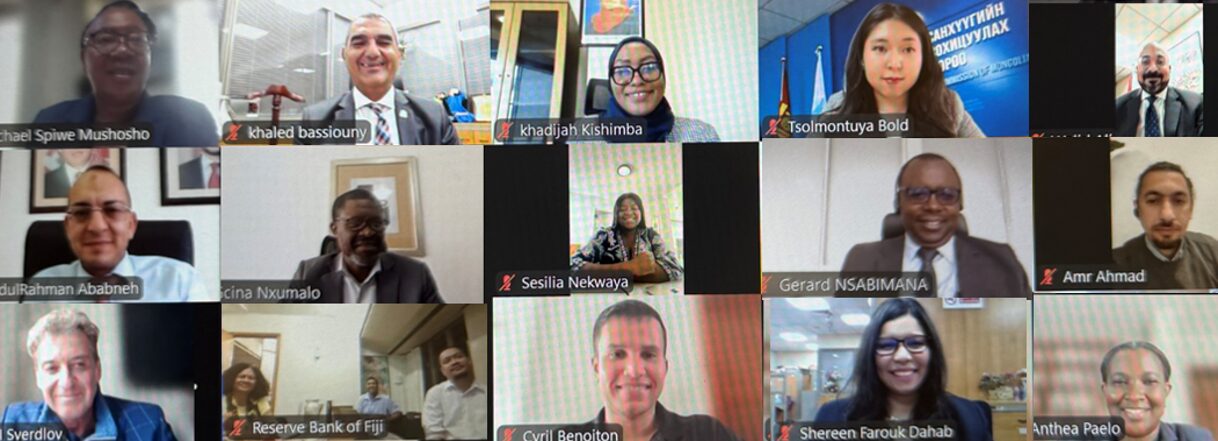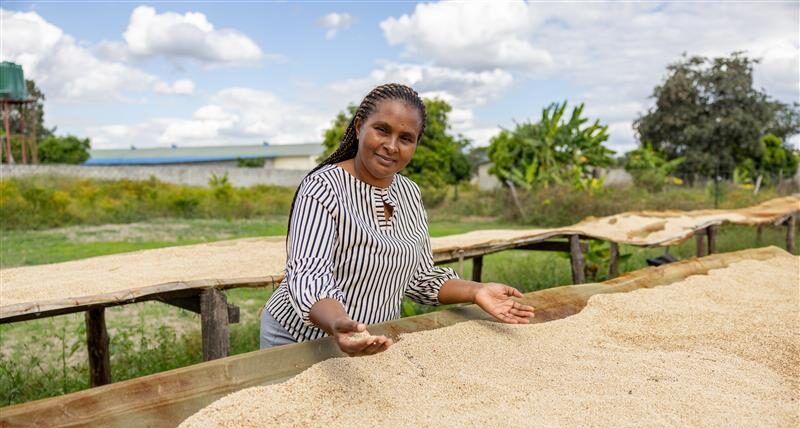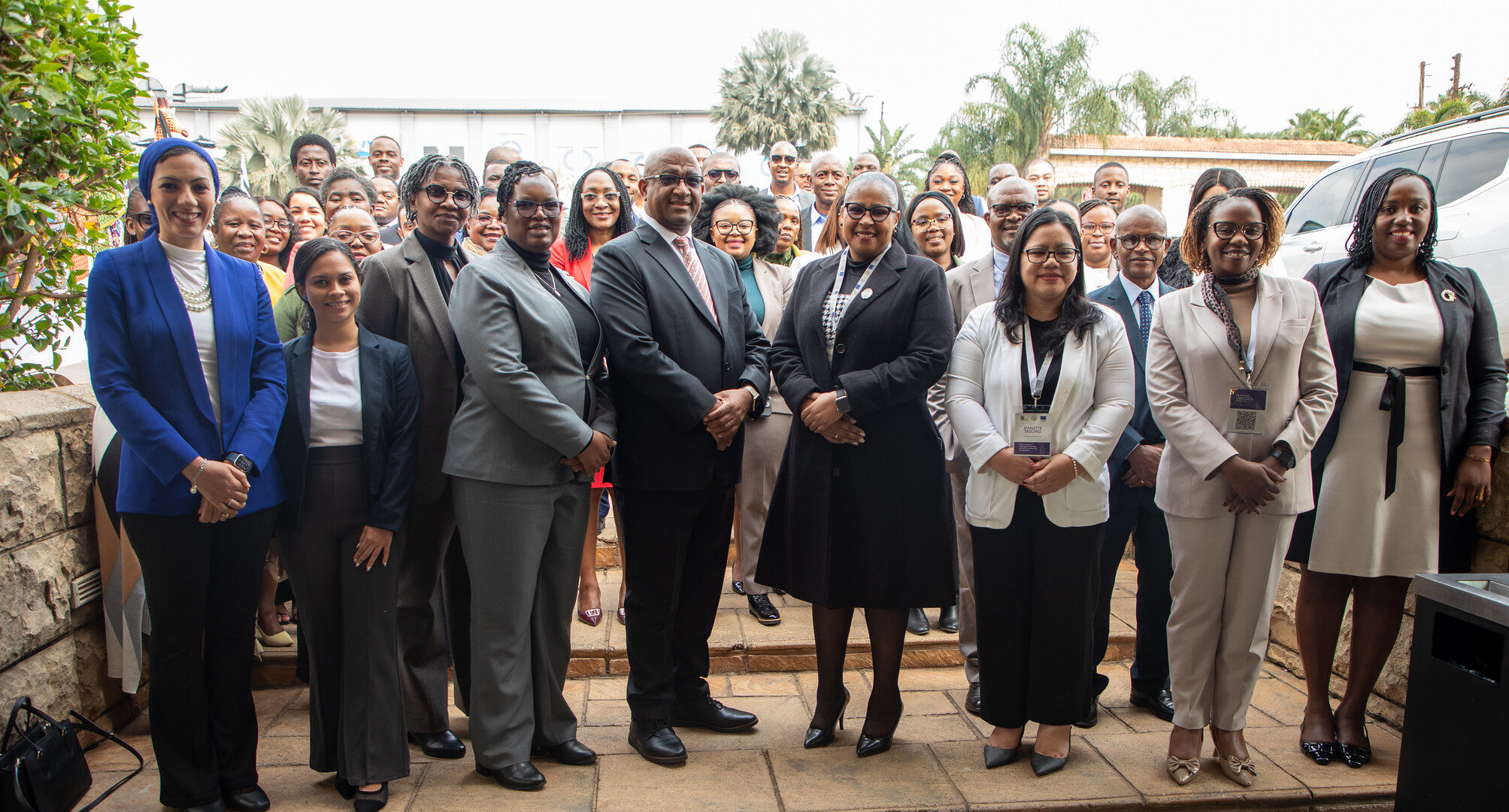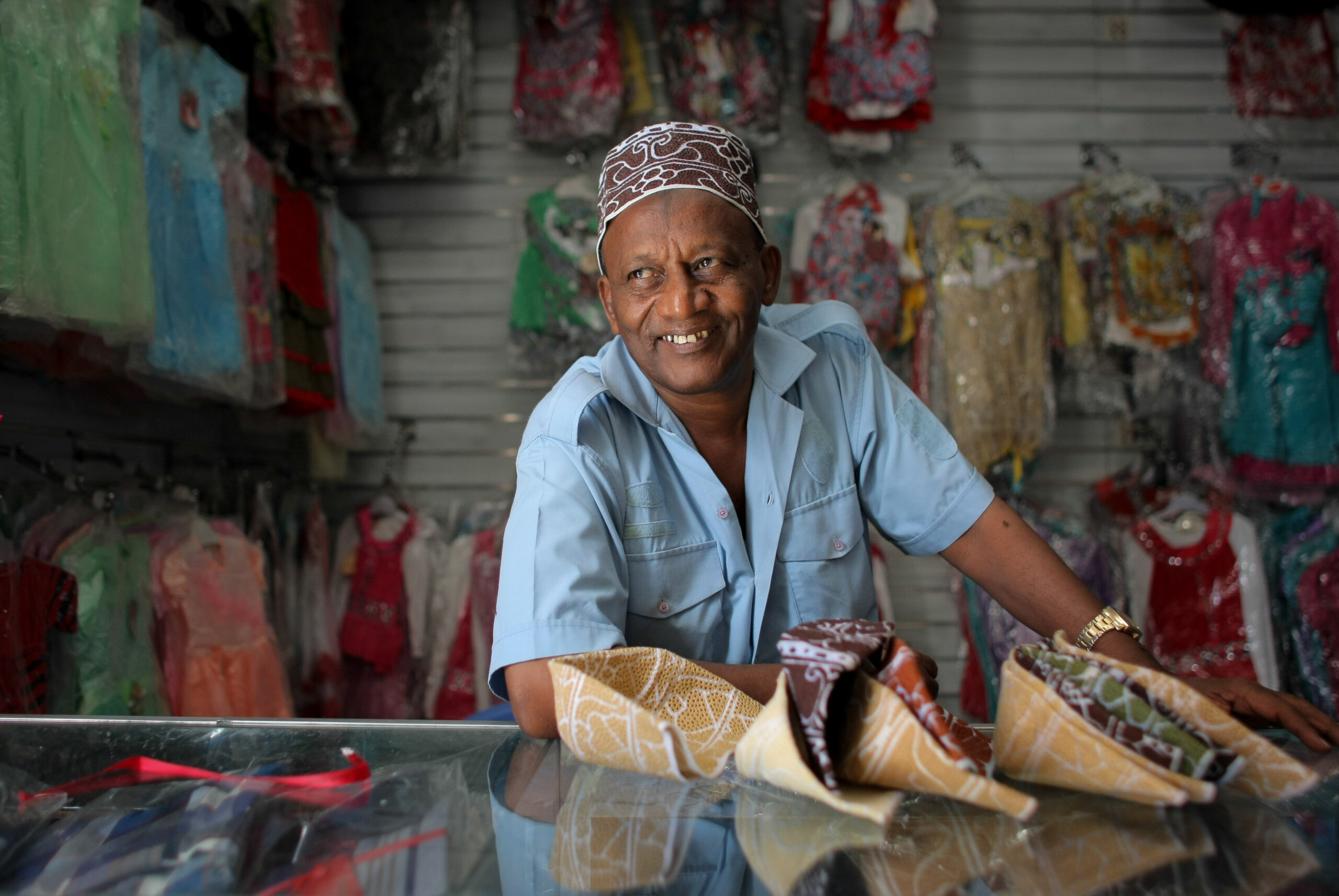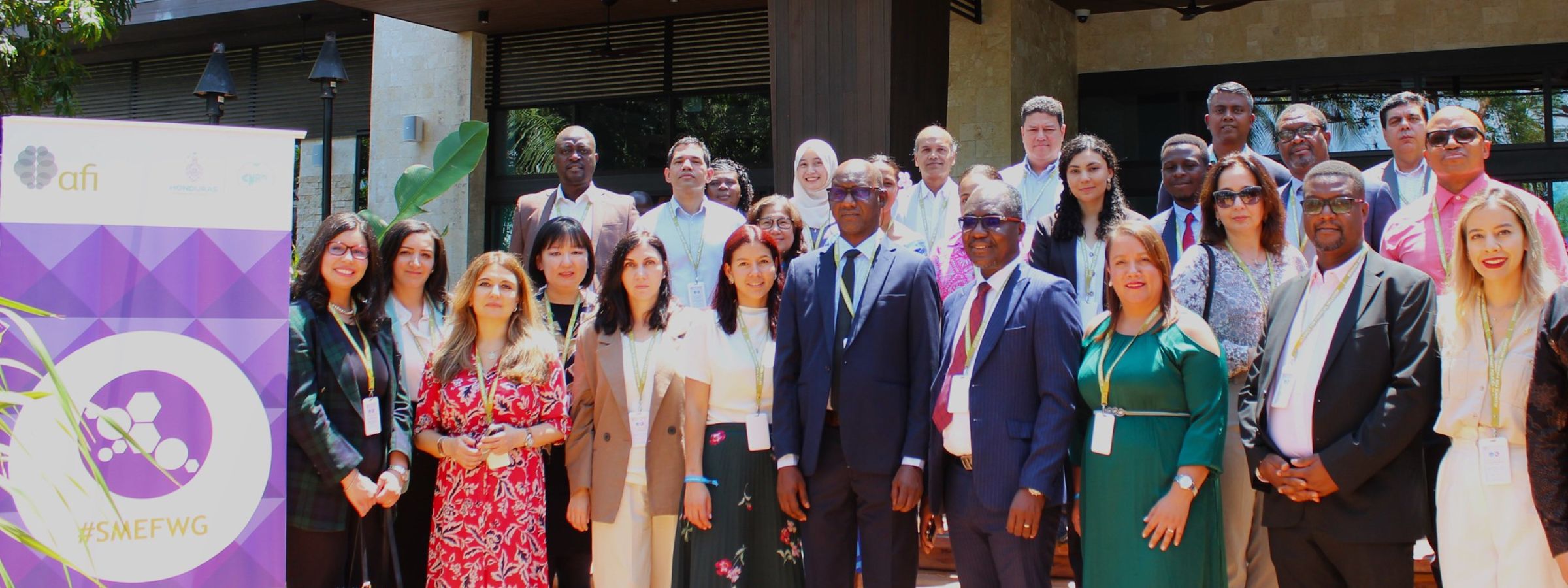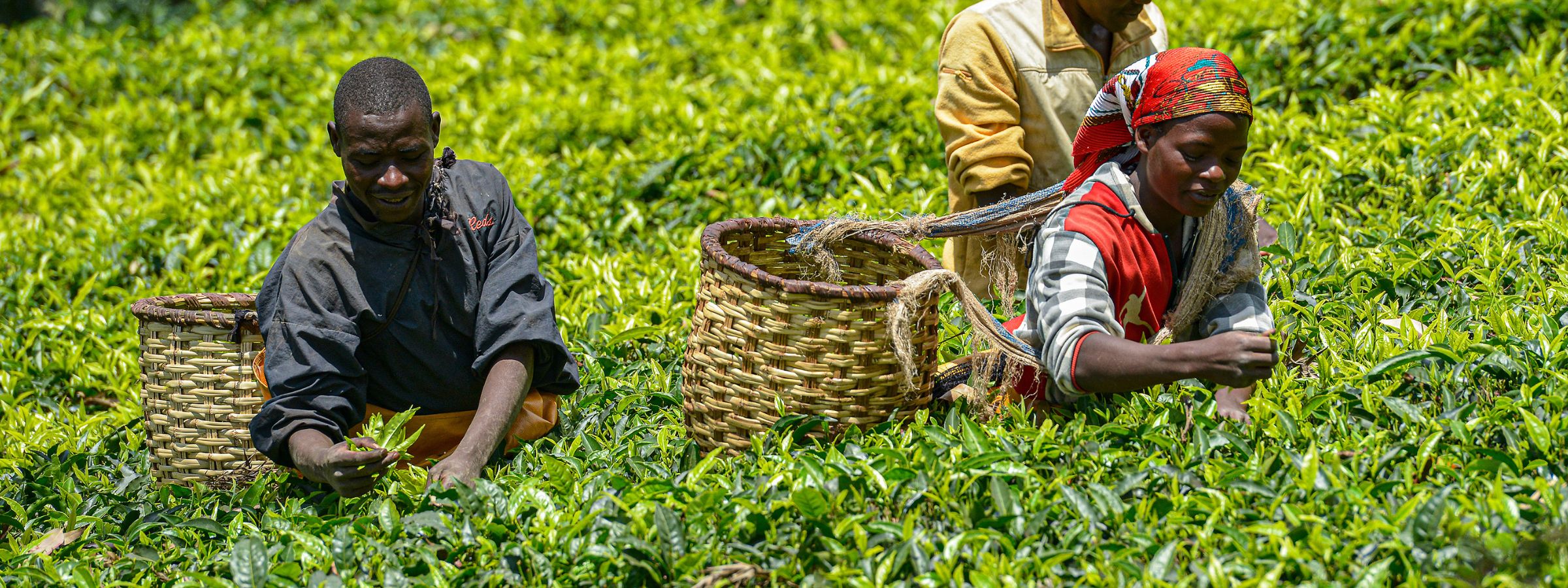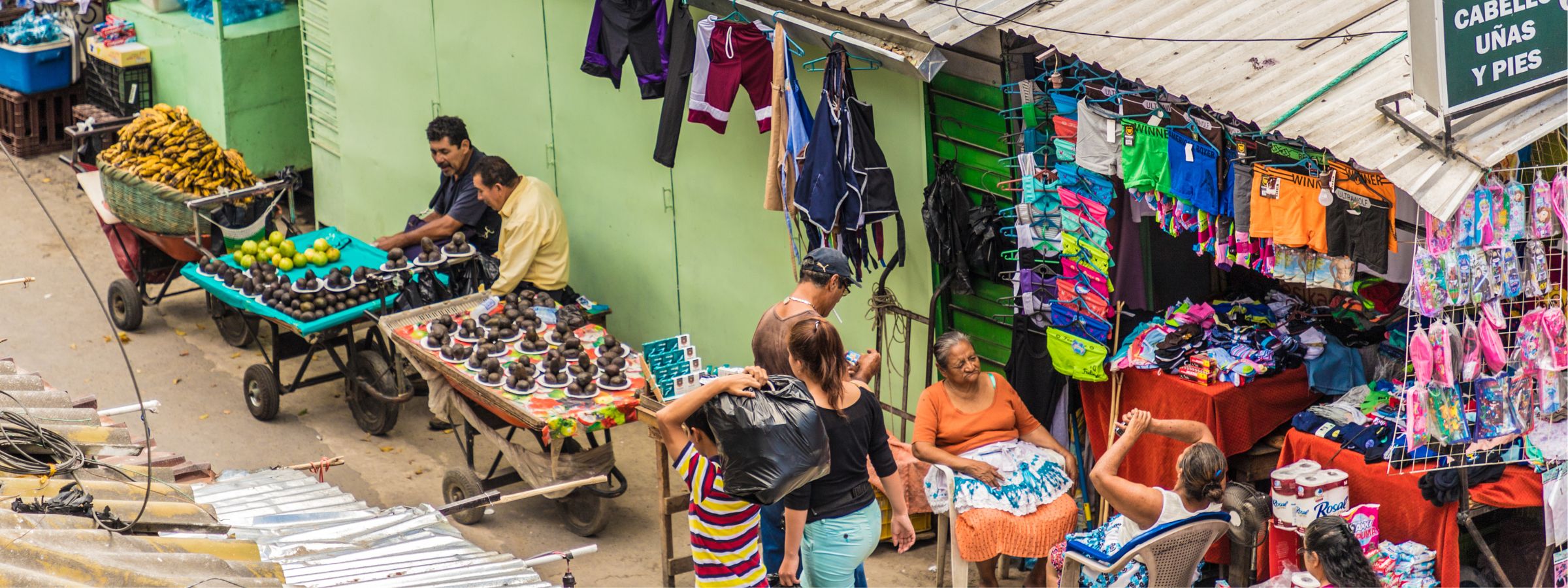Micro, small and medium enterprises (MSMEs) are the lifeblood of many economies, particularly in developing countries. Globally, they represent about 90 percent of businesses and more than 50 percent of employment. MSMEs also contribute significantly to gross domestic product and exports, making their development a high priority for many governments around the world. The Maputo Accord was endorsed in Maputo Mozambique on SME Financing recognizing the importance of SMEs in driving economic growth, employment creation and contributing to broaden sustainable financial inclusion and reducing poverty at the household level, especially through micro-enterprises. The importance of MSMEs goes beyond conventional economic and social contributions. It is essential to understand their importance and potential contribution to the Sustainable Development Goals (SDGs) and crucial to the “Leaving No One Behind principle” that is central to the 2030 Agenda
AFI’s SME Finance Working Group (SMEFWG)
Created in 2013, AFI’s SME Finance Working Group (SMEFWG) actively shares knowledge and experience that promotes MSME access to finance in the network with the development of policy guidance and in-country implementation. Policy guidance is developed based on member demand and global strategic MSME finance topics, and its outcomes founded in the proven practical national financial policies and action plans of members. These best practices, which can be voluntarily adopted by members within their specific requirements, allow members to improve the existing or create a better financing landscape for MSMEs.
0
Member
Institutions
Institutions
0
Countries
0
Policy changes
0
Knowledge products
Chairs & Focal points

Chair
Shereen Farouk, Central Bank of Egypt

Co-Chair I
Gcina Nxumalo, Central Bank of Eswatini

Co-Chair II
Sakiusa Nabou,
Reserve Bank of Fiji
Reserve Bank of Fiji

Gender Focal Point Lead
Phumzile N. Nhleko-Mtetwa, Ministry of Finance Eswatini
Objectives
Member Institutions
Subgroups & Planned Activities
Maya Declarations
SMEFWG & Gender
SMEFWG News & Publications




